Project directors
- John S. Bak, Université de Lorraine
- Patricia Poblete Alday, Universidad Finis Terrae
Project Members
- Marcela Aguilar Guzmán, Universidad Diego Portales
- Marina Alvarado Cornejo, Universidad Católica Silva Henríquez, postdoc
- Roberto Miguel Herrscher, Universidad Alberto Hurtado
- Aleksandra Wiktorowska, Université de Lorraine, IDEA (EA 2338), postdoc
Project Partners with IDEA
- Universidad Academia de Humanismo Cristiano
- Universidad Católica Silva Henríquez
- Universidad Alberto Hurtado
- Universidad Diego Portales
- Universidad Finis Terrae
.jpg)
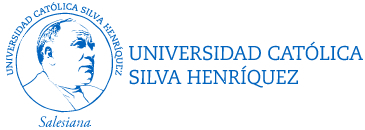
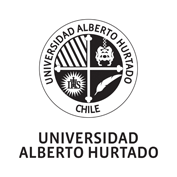
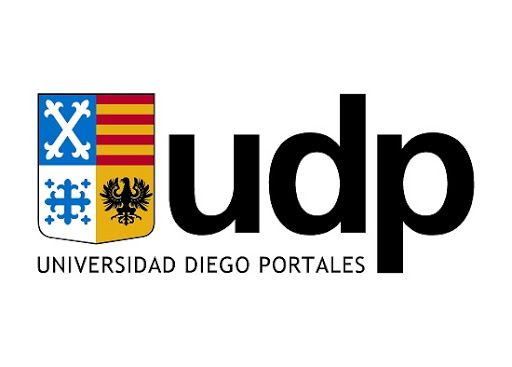
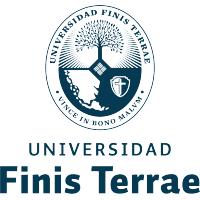
Project Sponsors
CONICYT (Comisión Nacional de Investigación Científica y Tecnológica) & ECOS-Sud (Evaluation-orientation de la COopération Scientifique, Ministères français chargés des Affaires Etrangères, de l’Education Nationale et de la Recherche).
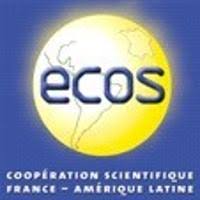
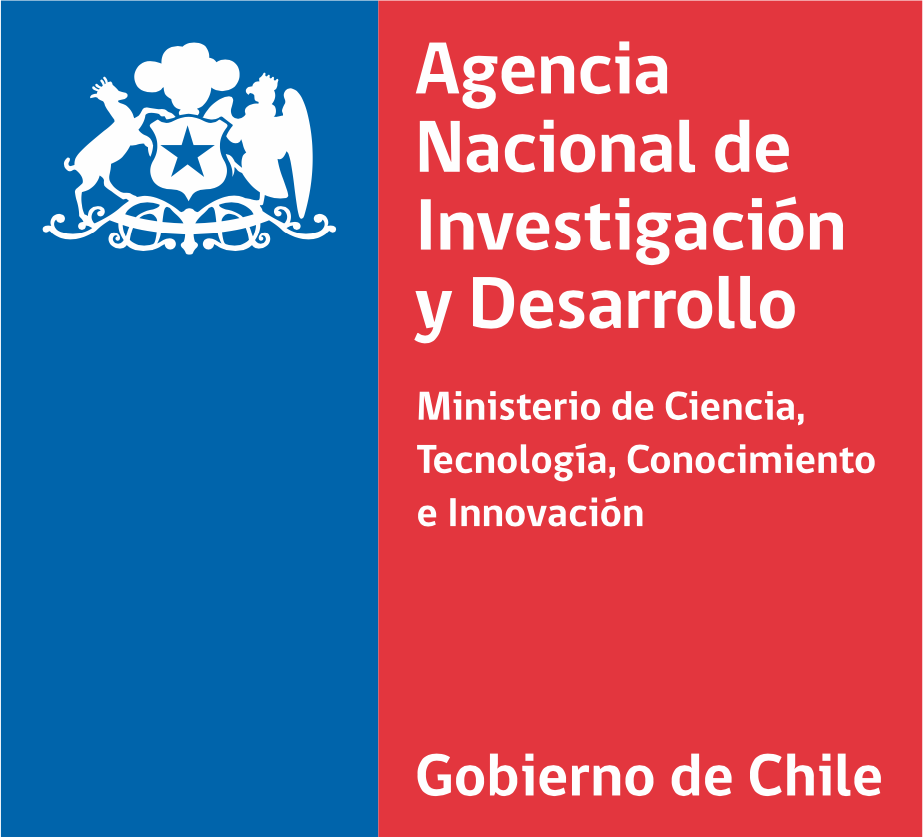
Description
The objectives of CRONICA are essentially threefold:
- to provide a historiography of Chilean and Argentinean literary journalism, one that will help to determine what part of their reportage written today is imported and what part is home-grown;
- to discern from where precisely the imported traditions had originated (Spain, of course, but also France and the United States, and perhaps even Portugal) and what cultural imports were brought along with them; and in discovering what elements are unique to Chile and Argentina,
- to determine if any of these traits have found their way back across the seas to the U.S. and Europe (Spain and France, in particular), since both continents are experiencing a renaissance in literary journalism and reportage literature to help them placate the current crises affecting the print media.
-
Program 2022
-
Late in 2021, ECOS Sud had advised all project PIs of its willingness – due to the loss of time during the pandemic – to extend, for a limited period only, projects scheduled to conclude in 2021 (of which CRONICA was one). With France and Chile both opening its borders to foreign travel, Pr. Bak and his postdoc Wiktorowska both booked trips to Santiago for the month of March – the limit that ECOS Sud had imposed on this extended contractual period (only later did ECOS advise all the PIs that the extension would last until December 2022). Their plan was to offer seminars and courses while there, help out with any final programming plans for the upcoming 16th Congress of the IALJS that consortium member Roberto Herrscher was organizing at his university for that May, and generally provide closure to the CRONICA project.
By March 2022, John S. Bak and Aleksandra Wiktorowska returned to Santiago to help with final preparations for the 16th IALJS congress on international literary journalism studies. This event will mark the official end to the CRONICA research project, though the team members will no doubt continue with their collaboration.
While in Santiago, John Bak gave the following talk to Patricia Poblete's research center at the Universidad Finis Terrae: "Capturing True Crime in Contemporary French Literary Journalism." And Aleksandra delivered a graduate seminar on Ryszard Kapuściński there as well later in the month.
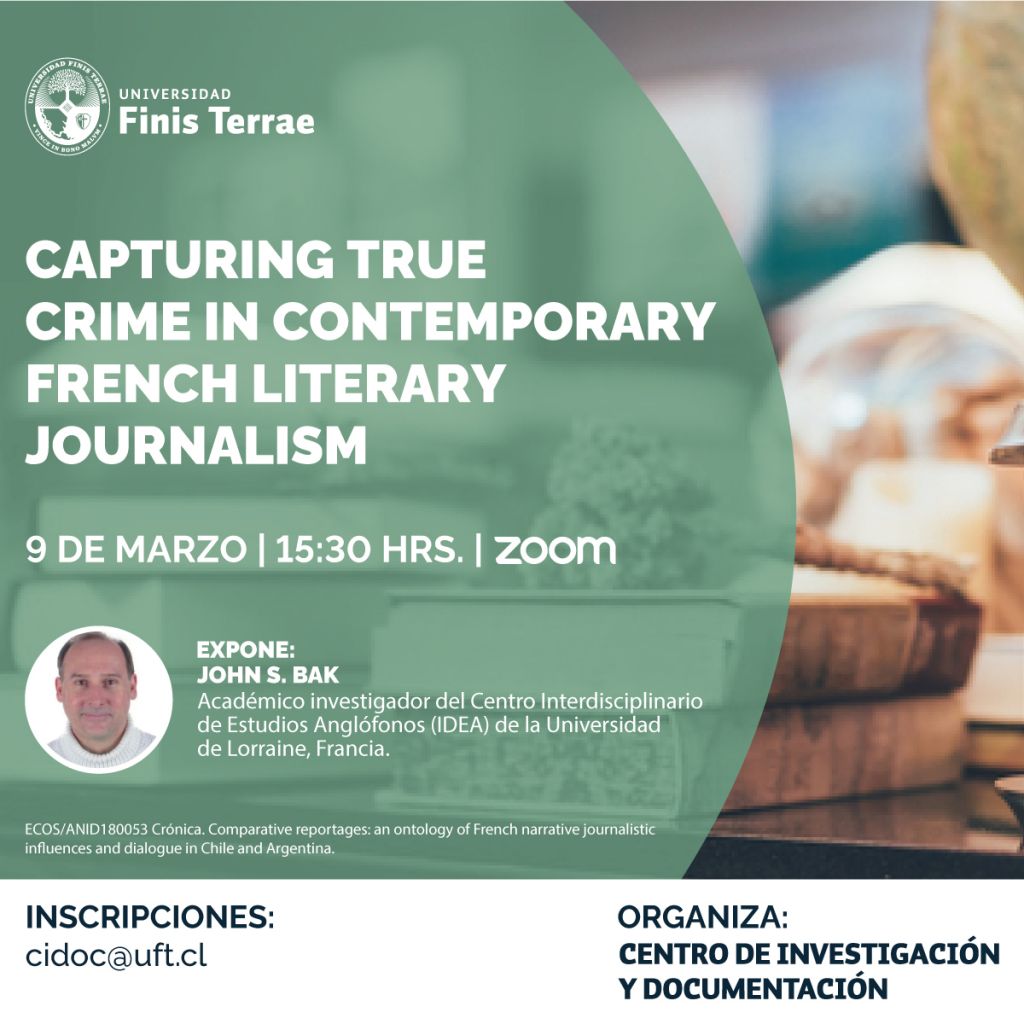
While in Santiago, Pr. Bak had heard, via an email from ECOS Sud, that the previous three-month extension had finally be made to include the entire year of 2022. Unfortunately, this meant that both he and Wiktorowska could have finally come out to Santiago in May 2022, instead of in March, to participate in the 16th Congress of IALJS (to be held from 12–14 May 2022), but by then it was too late. However, this extended grace period meant that the Chilean postdoc, Marina Alvarado, could still return to France for one final visit in June. Given that the CRONICA project will, by then, be mostly finished, it was agreed that she would help with organizing the Creative Nonfiction Workshop/Taller to be held in Nancy in November 2022, and help Pr. Bak revive the second article that the consortium had begun back in 2020 but left unfinished.
May 2022 marked the passage of the 16th annual IALJS congress held in Santiago, Chile, and was organized by one of the three Chilean partner universities: Universidad Alberto Hurtado. Roberto Herrscher was co-organizer and host of the congress.
The CRONICA project presented the continuity of its research on crime nonfiction writing in Chile and France.
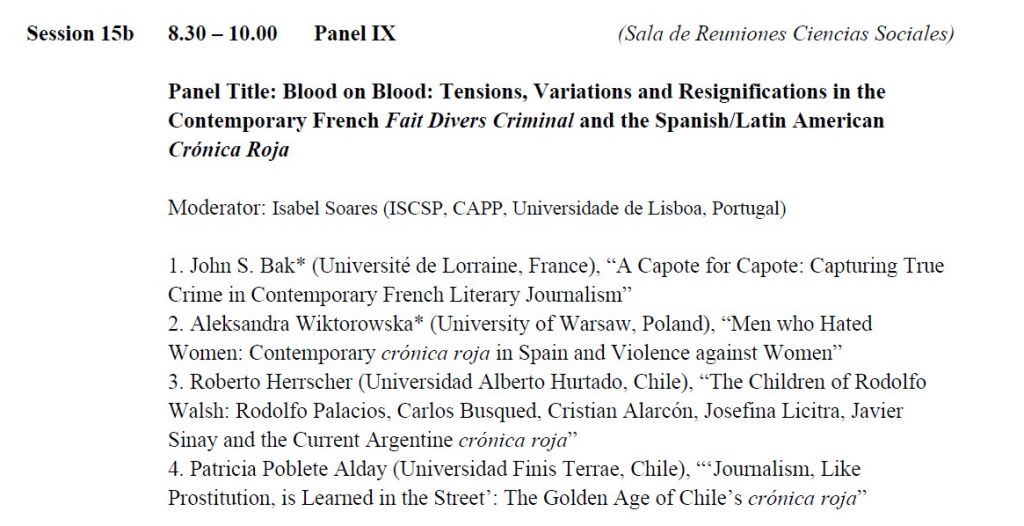





Creative Nonfiction Writing Workshop
9 - 10 November 2022
Université de Lorraine, Nancy (France)
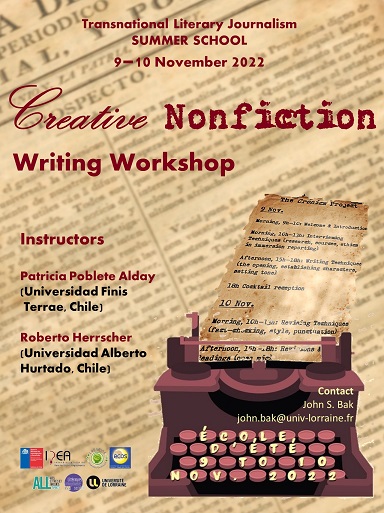
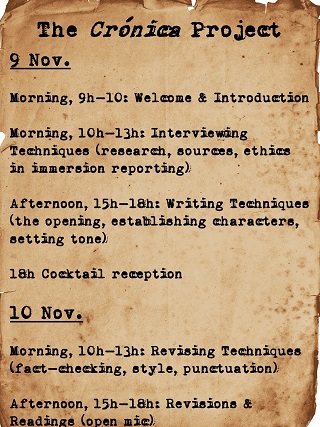
Originally planned as part of the 1st Transnational Literary Journalism Ecole d'été back in May 2021 (but cancelled due to the Covid pandemic), the CRONICA research team organized a two-day nonfiction writing workshop held in person (Nancy campus, room A104) and online (for those who could not be present in France). The workshop was meant to introduce new students of all ages and disciplines to writing literary journalism and to advise seasoned literary journalists on one of their recent projects.
The workshop program opened in the morning of the first day with Roberto addressing the first concerns facing a literary journalist, from establishing a story to honing immersive interviewing skills. During the afternoon, Patricia introduced various writing exercises in creative nonfiction to get participants to produce a text to work on for the second day.
The second day of the workshop was dedicated to revision. Participants presented their written texts orally, and everyone gave their impressions and advice for improving the stories. John gave some advice on the international role of fact-checking -- essential for literary journalism's contract of truthfulness with the reader -- by pointing out how rigors and standards vary from one country to the next. He next spoke about the role of punctuation in the text using road signs as his metaphor for learning to steer a reader through a sentence and a paragraph through varying types of punctuation ("Street Punc.s"). The afternoon session was dedicated to polishing up the final texts for oral presentation.
The workshop -- and the CRONICA Project itself -- officially concluded with a nice cocktail reception. Patricia, John and Roberto and considering continuing the project with another Eco Sud or Nord grant, perhaps with Argentina or Colombia this time.
-
Program 2020/21
-
The year 2020 opened with some good and bad news. The good news was that the Copenhagen panel was accepted, but the bad news was that ECOS funding was not going to be as much as the two teams had hoped for. Basically, similar funds for 2019 were provided for 2020, which meant that a Chilean postdoc would come to Nancy for a month, a Chilean professor for two weeks, and the two members of the French team would return to Chile in the fall. It finally became clear to the team that ECOS would only cover per diems and travel expenses to and from France/Chile.
The Chilean postdoc, Marina Alvarado, arrived in Nancy at the beginning of February 2020, just after the start of the Université de Lorraine’s second semester. Plans had been made for her to present graduate courses in the Spanish Department at Nancy, to hold a second seminar for the I.D.E.A. research team, and work with Pr. Bak on establishing a second corpus of newspaper articles for the team’s second-year focus: chronicles written about both countries’ centenary celebrations, 1889 in France and 1918 in Chile. Problems, however, halted much of these plans. First, the gilets jaunes protests, which had been reignited in early December 2019, forced the closing of several sites, and demonstrations began affecting the students, who tried and succeeded in closing the university down in Nancy (as well as throughout France) for a week. The student demonstrations against selection and rising costs were soon joined by several professors, who were rallying against the Macron government’s new law under discussion (Loi de programmation pluriannuelle de la recherche, or LPPR), which would widely change the university landscape and affect the careers and retirement benefits of university teachers. In short, the campus was closed in Nancy, just as it had been back in Santiago a few months earlier. M. Alvarado and Pr. Bak ended up working at home. And if matters were not already bad, the start of the coronavirus epidemic began taking shape in Europe, first in Italy. Things were not as bad yet in France, with cases only appearing in Aix at the time, which did affect travel for Alvarado, who was scheduled to give talks and classes at the Université Aix-Marseille during the third week of her stay. Similar talks scheduled at the Centrum voor Studie en Documentatie van Latijns-Amerika (CEDLA) of the University of Amsterdam were also affected by the SNCF rail strikes (and gradually growing fears of the pandemic which was about to force a nation into confinement).
Soon, lockdowns were instrumented both in France in and Chile, so the CRONICA consortium all had to work from home. A Zoom meeting was held in April 2020 to discuss the original plans for May 2020.
Later that year, on 26 November 2020, the Chileans organized a panel at the national VI Congreso Incom Chile (online), in which they addressed in part the CRONICA project: “Tradición y transformación en los vínculos entre periodismo y literatura / Tradition and transformation in the links between Journalism and Literature.”
A full panel on the influences of the 19th-century French press on early Chilean cronistas at IALJS 15 was finally held in Copenhagen and online in mid-May 2021. The congress, initially set for May 2020, was postponed one year due to the coronavirus.
The CRONICA team presented various elements of research that went into the writing of the article,
"French Influences on the Nineteenth–Century Chilean Press: The Case of the Pioneering Crónica Roja, 1860–90,"
which appeared in the December 2021 double issue of Literary Journalism Studies, vol. 13, nos 1 & 2, pages 8-74.
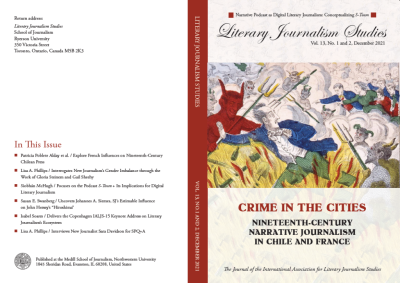
Here are some photos/screen shots, taken from the panel.
In the days following the IALJS panel, interested colleagues and graduate students convened in Nancy (an online) for a week-long Ecole d’été (Summer School), sponsored by the Comex of the Lorraine Université d'Excellence. Click on the Summer School's webpage.
“Inequality and Social Protest in
Transatlantic Literary Journalism:The Cases of French journalisme littéraire, Polish reportaż
Spanish periodismo narrativo and the Latin American crónica”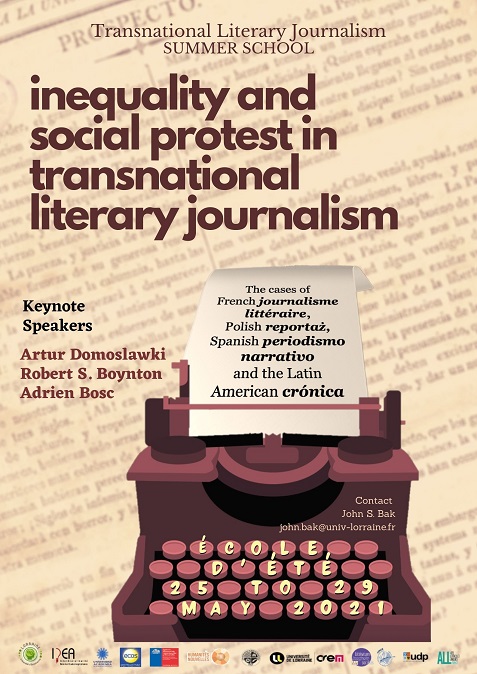
This five-day graduate course for Master’s and PhD students – throughout Europe and, potentially, Latin America – of Journalism, Communications, Media Studies, English, Spanish, Polish or French Literature, Latin American History, Cultural Studies or Government Policy will explore how current trends in narrative literary journalism in France, Spain, Poland as well as in Chile are reshaping the media landscape of each country, providing a significant panacea not only to counter the decline in print media readership but also to placate the readers’ growing distrust in that media’s global message.
Following morning and afternoon workshops and lectures on seven principal themes treated in literary journalism (war, immigration, drug trafficking, autocratic politics and social inequalities), students (Master’s, doctoral and postdoctoral) and interested faculty members will be introduced to the historical and cultural motivations behind the current popularity of literary journalism in France, Spain, Poland and Chile. Professional Polish (Artur Domoslawski), French (Adrien Bosc) and American (Robert S. Boynton) literary journalist writers and editors will be on hand to speak to the graduate students and faculty about their experiences in research and writing reportages over the years and in currently editing magazines and books dedicated to the genre, Polityka, Revue Feuilleton, and The New New Journalism, and in running a graduate program at New York University, “Literary Reportage,” dedicated to teaching and shaping the next generation of literary journalists.
At the end of the course, students will be required to develop their own pedagogical unit (modeled after one of the seven themes presented or based on an entirely different theme not addressed during the course) and present it orally in English, Spanish, Polish or French before the group.
The Summer School course is sponsored in part by the ECOS Sud/ANID “CRONICA” project N° C18H01 (Comparative Reportages: An Ontology of French Narrative Journalistic Influences in Chile and Argentina), RÉCOLTE (Comex, Lorraine Université d’Excellence), the research centers IDEA (UR 2338), CERCLE (UR 4372), CREM (UR 3476), and LIS (UR7305), the Humanities Faculty of the Université de Lorraine (UFR ALL), and the École Doctorale HNFB (ED 411).
For more on the May Transnational Summer School in Literary Journalism, visit our website: https://cronica.event.univ-lorraine.fr. The program and the modules' reading lists can be downloaded from the site.
Here is the summary of the Summer School that appeared in the Fall 2021 issue of Literary Journalism, the newsletter of IALJS:
One milestone of the three-year Franco-Chilean CRONICA project, which was planned for 2020 but postponed a year and presented entirely online, was the first Transnational Literary Journalism Summer School, an École d’été that looked to promote graduate student research into comparative literary journalism.
Held in Nancy at the end of May, just following IALJS 15 in Copenhagen, the École d’été presented seven three-hour course modules following the topic of “Inequality and Social Protest in Transatlantic Literary Journalism: The Cases of French journalisme littéraire, Polish reportaż, Spanish periodismo narrativo and the Latin American crónica” (https://cronica.event.univ-lorraine.fr/).
The five-day graduate course drew Master’s and PhD students, as well as faculty members and professional journalists, from around Europe (France, Germany, Spain, Italy, Poland and Hungary), Latin America (Chile, Argentina, Peru, Colombia, Brazil, and Mexico), and India. The course modules, which included reading lists of literary journalism written or translated into four languages, explored how current trends in narrative literary journalism around the world are reshaping the media landscape of each country, providing a significant panacea not only to counter the decline in print media readership but also to placate the readers’ growing distrust in that media’s global message.
Following a program of morning and afternoon of lectures, discussions and workshops that covered seven principal themes treated in literary journalism (war, immigration, drug trafficking, child abuse, autocratic politics, ecological concerns and social inequalities), graduate students and faculty members were introduced to the historical and cultural motivations behind the current popularity of literary journalism in France, Spain, Poland and Chile. Courses were based in part on lecture and in part on group exchanges linked to the course readings provided in advance (https://cronica.event.univ-lorraine.fr/resource/page/id/1).
Students who wished to obtain a certificate of participation, or graduate school course credit in France, gave oral presentations on the final day. The seven modules listed different research topics for the students to choose from, each module offering varying avenues for further research and personal reflection.
The final day also included the participation of three professionals working in the field of literary journalism as writers, editors, translators and educators. In the morning, Polish literary journalist Artur Domosławski (Polityka) spoke about his fieldwork writing in South America, in particular in Brazil’s Amazonia; and French magazine editor Adrien Bosc (Revue Feuilleton) and American literary journalist/educator Robert S. Boynton (New York University, “Literary Reportage,” The New New Journalism) joined a roundtable discussion in the afternoon on their experiences in research and writing reportages over the years, as well as in translating English reportages for French readers.
The Summer School attracted more than thirty-five registered students and faculty members around the world, although the daily online numbers figured to be around twenty. The reduction in number was no doubt attributed to the time differences between France and the various countries from where attendees were connecting.
Because the pandemic blocked any physical presence at the Summer School, the CRONICA team is hoping to hold a two-day workshop in September or October 2021 to cover more of the creative nonfiction writing side of the course program that the online version could not really accommodate. We will have to wait and see if, in the fall in Europe, the pandemic will recede enough to allow the Chilean consortium to travel to Nancy, France.
The Summer School was sponsored by a generous grant from RÉCOLTE (a Comex entity of the ISITE Lorraine Université d’Excellence), as well as by various French research centers, the Humanities Faculty and the École Doctorale HNFB of the Université de Lorraine, and the University of Warsaw’s Centre de civilisation française et d’études francophones en Pologne.
A second Transnational Summer School, entitled “Literarischer Journalismus in der Zwischenkriegszeit: Frankreich, Deutschland und England als Fallbeispiele”, will be held in Nancy at the end of May 2022 (again, just after IALJS 16 in Chile). This École d’été will be sponsored by the Université franco-allemande/Deutsch-Französische Hochschule and will feature as one of its keynote speakers the Belgian literary journalist/educator Alain Lallemand (https://niemanreports.org/authors/alain-lallemand/). A third École d‘été on “Contemporary Franco-South African Literary Journalism,” to be held again in Nancy in May 2023 in partnership between the universities of Wits and Lorraine, is currently seeking funding through a joint PHC PROTEA/NRF grant.
For two weeks during May, the project's French postdoc, Aleksandra, visited Nancy for a short research stay. Her time was spent working with John on running the Summer School, editing chapters and articles the two have written together on literary journalism, and meeting with the doctoral students of the research center IDEA.
On 20 May 2021, Marina and Patricia took took part of a conference on "Cultural Journalism." Their talk was about CRONICA's first year with ECOS and ANID. The link can be found at: http://universidadeslectoras.es/curso/login/index.php. Also in May, Patricia helped launch the Diccionario de teorías narrativas (vol. 2), in which she contributed a chapter about contemporary Hispano-American crónica. The editor, Lorenzo Vilches, is a noted figure in the study of Communications in Spanish.
-
Program 2019
-
Collective research on the transference of the 19th-century French chronique juridique to the Chilean press and its influence on the crónica rojo, narrative news article concerned with social violence. An article will be submitted to Literary Journalism Studies.
Project member Marcela Aguilar published the article “A Narratological Approach to Latin American Contemporary Chronicle under American Literary Journalism Parameters” in Brazilian Journalism Research 15.1 (2019). DOI: 10.25200/BJR.v15n1.2019.1349.
Project member Roberto Herrscher will present the talk “Documentary Theatre in Latin America as ‘Performance Journalism’: How the Victims, Actors and Witnesses of a Violent Regional Past Tell Their Own Stories on Stage” at IALJS 14 in Stony Brook (USA).
In May, project leader Patricia Poblete came to Paris to conduct archival research at the Bibliotèque Nationale. She then traveled to Nancy to work with John S. Bak. While there, she delivered a talk on 23 May, entitled “Mario Rivas: social crónica, humor and satire.”
In July, John finished compiling nearly thirty years of the French daily Le Petit Journal, looking for early examples of the chronique judiciaire and other 19th-century crime fait divers that may have found their way to Chile and influenced stories in the Chilean press. The Chilean consoritum will begin translating these texts into Spanish, which will later be analyzed and compared with similar crime stories that appeared in the Chilean press a short while later.
Two recent profiles of the project appeared in Chile: “Dra. Marina Alvarado investiga los orígenes de la crónica roja en proyecto conjunto entre Chile y Francia” and “Sobre influencia de prensa francesa en medios localesCon estancia en Universidad de Lorraine docente de la Academia ejecuta proyecto ECOS-CONICYT.”
The French Consortium in Santiago
John Bak and Aleksandra Wiktorkowska flew to Santiago (John for two weeks and Aleksandra for one month) to work on the Crónica project with the Chilean consortium. A research presentation was organized during the first week at the Universidad Academia de Humanismo Cristiano, where Patricia Poblete presented the project, its methodologies and corpus, and initial findings since last January.
A few days later, the CRONICA group met to discuss publishing their research from 2019 and preparing the calendar and budget for 2020. Projects for 2020 will include a panel presentation at IALJS 15 in Copenhagen and an Ecole d’Eté in Nancy on current trends in literary jounralism in both countries, both during the month of May.
.jpg)
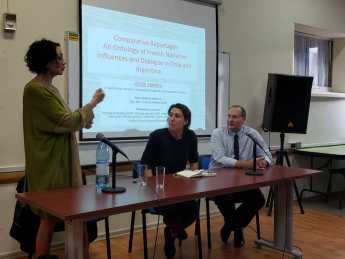
John and Aleksandra were also asked to deliver talks relevant to their research and teaching. John presented a talk, in English, in front of a group of about thirty Chilean students at the Universidad Católica Silva Henríquez who are preparing to sit the exams to become primary and secondary teachers. And Aleksandra was asked to give a seminar on “Ryszard Kapuściński y América Latina” at the Universidad Academia de Humanismo Cristiano. Her seminar was entitled “Ryszard Kapuściński en América Latina. América Latina en la orbra de Chile en Ryszard Kapuściński.”
The current socio-political crisis in Santiago — where week-long protests turned riots in mid-October about the Chilean government’s visible loss of touch with the city’s students’ and working class’ daily struggles prompted a state of emergency call for military intervention and the city’s first curfew since the Pinchet dictatorship — supplied an important context to the research project’s commitment to literary journalism’s role in exposing and ameliorated social injustice.
.jpg)
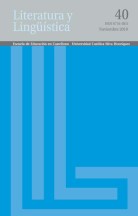
In November, Patricia Poblete Alday and Marcela Aguilar Guzmán completed editing the second issue of volume 40 (2019) of the SCOPUS-indexed journal, Literatura y Lingüística, dedicated to “La crónica Latinomericana Actual.” Patricia’s article, entitled “Crónica narrativa latinoamericana actual: los límites de lo real,” reflects on ways the narrative crónica represents and conceives of reality related to “contemporary violence in Latin America, particularly in Mexico.” Marina Alvarado Cornejo contributed to the issue by writing the Introduction.
